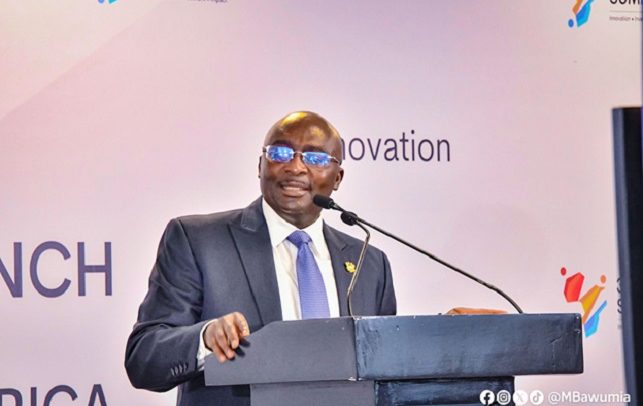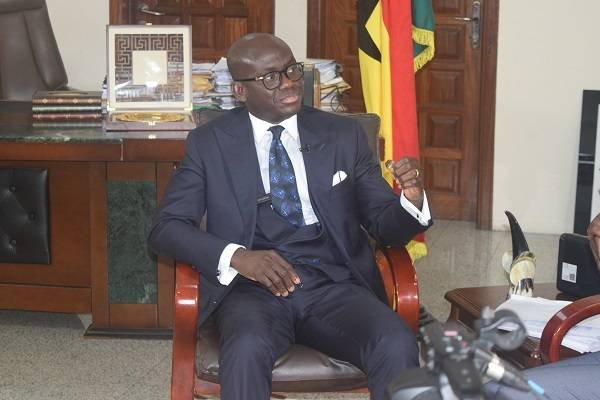
By Maxwell Awumah, GNA
Hohoe, July 3, GNA - American donations to fight malaria in Africa have saved the lives of nearly two million children, according to a new analysis of mortality rates in 32 countries.
This is contained in a study published by PLOS Medicine in June and copied to the Ghana News Agency.
The study looked at the long-term effects of the President’s Malaria Initiative, a programme started by President George W. Bush in 2005 that had spent over $500 million a year, since 2010.
The results debunked one of the persistent myths of foreign aid: that it has no effect because more children survived each year anyway as economies improved.
The researchers-economists from the University of North Carolina and Harvard — looked at death rates for children under five, contrasting the 19 countries that got American malaria aid (mostly in the form of mosquito nets, house spraying and malaria pills) with 13 countries that do not.
They adjusted the data to filter out neonatal deaths and lives saved by other medical interventions, such as childhood vaccines supplied by donors or HIV drugs paid for by the Global Fund to Fight AIDS, Tuberculosis and Malaria, or by the President’s Emergency Plan for AIDS Relief, which was also initiated by Mr Bush.
Dr Harsha Thirumurthy, a health economist at the University of North Carolina at Chapel Hill and lead author said "The researchers found that countries helped by the malaria initiative had 16 percent fewer deaths in that age group, which amounted to about 1.7 million lives of babies and toddlers saved since the programme began."
The study was not commissioned or paid for by the malaria agency, Dr. Thirumurthy added.
“We thought it was essential to evaluate how P.M.I. was working,” he said, referring to the President’s Malaria Initiative.
“We gave them a heads-up that we were doing the analysis, but we didn’t share the results with them till they were in print.
“I welcome this independent external analysis,” said Rear Adm. R Timothy Ziemer, Coordinator of the initiative from its inception until early this year. “P.M.I.’s effective approach demonstrates to all what can be accomplished in fighting malaria with U.S. leadership.”
In an accompanying editorial, Dr Eran Bendavid, a health-policy specialist at Stanford University, called the study’s conclusions “striking.”
Health-related foreign aid, he noted, amounted to less than a penny of every taxpayer dollar spent but paid dividends in two ways; relatively small contributions saved many lives, and countries that received such aid had overwhelmingly favourable views of the United States.
In the Pew Research Centre’s Global Attitudes and Trends surveys over the last 15 years, Dr Bendavid said in an email, 75 percent or more of residents of Ghana, Kenya, Ivory Coast and Senegal regarded the United States favourably.
GNA
Read Full Story


















Facebook
Twitter
Pinterest
Instagram
Google+
YouTube
LinkedIn
RSS